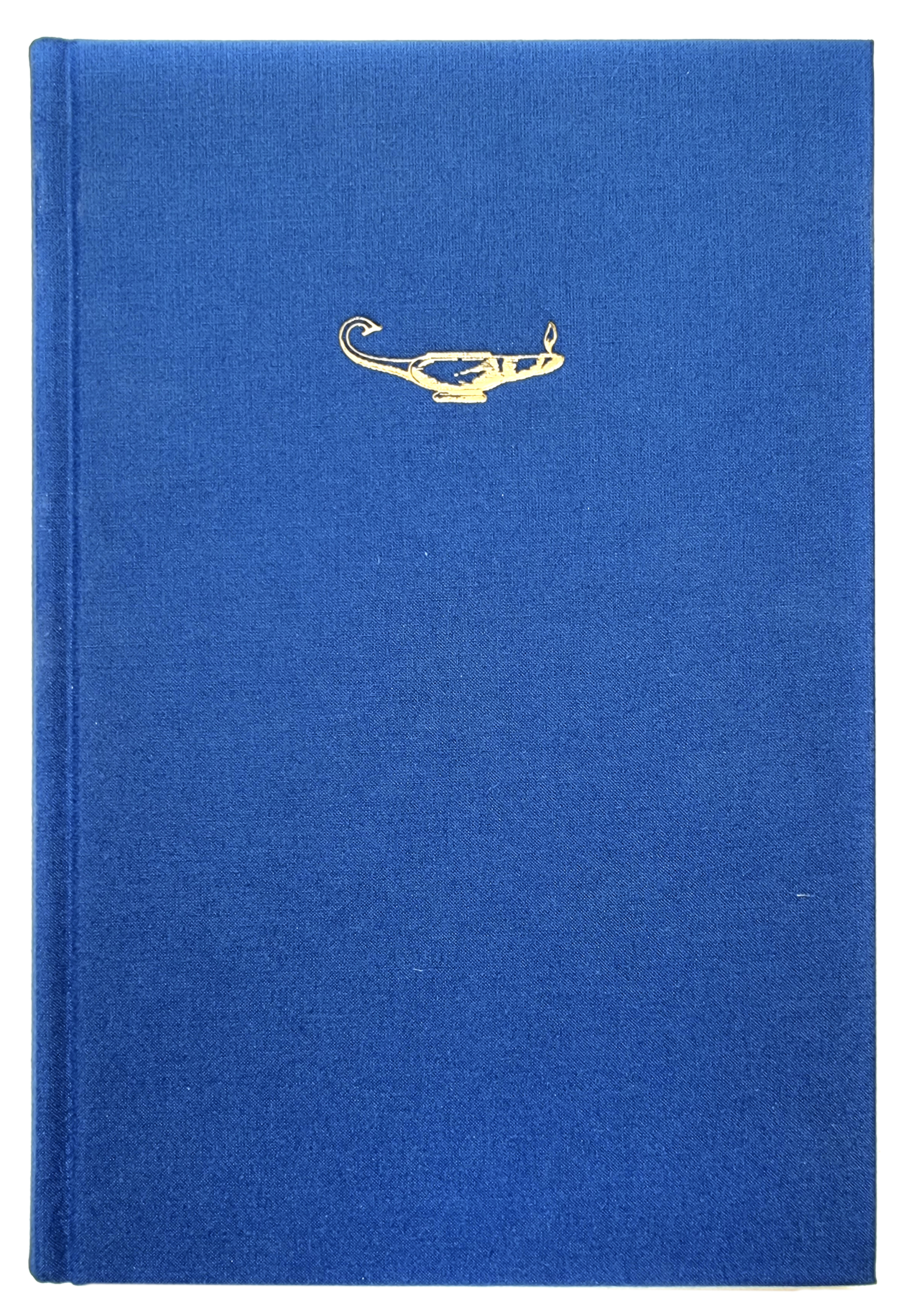Between contempt and fascination
Nostalgia and ambivalence in Pierre Loti’s Madame Chrysanthème (1887)
Keywords:
Pierre Loti, Madame Chrysanthème, nostalgia, Japan, ambivalenceAbstract
In his travel writings from Japan the French naval officer and novelist Pierre Loti (1850-1923) visualized the ‘Far East’ as a retreat from a rapidly modernizing Europe. In his novel Madame Chrysanthème (1887) Loti describes the brief marriage between a French naval officer and a young Japanese girl. The novel is based on the journal Loti kept on his first encounter with Japan in the summer of 1885 and it gained immense public attention in Europe by the turn of the nineteenth century. Throughout the novel Loti struggles to keep his gaze away from an increasingly modernizing Japan. In doing so Japanese artifacts as well as the Japanese woman, became the target for his urge to discover a world beyond the modern society. This essay argues that the fascination for Japanese aesthetics expressed in Madame Chrysanthème embodied a nostalgia through which Loti constructed and mediated Japan as a phantasmatic place. By focusing on the question of nostalgia explored throughout Madame Chrysanthème, this essay investigates how Loti’s ambivalent views on Japan channeled a nostalgic desire that gradually came to destabilize his exoticism. Furthermore, Loti’s nostalgic desire is linked to the historical context of fin-de-siècle Europe and the Orientalist approach to representation that emerged in France during the nineteenth century.
Downloads
Published
Issue
Section
License
This work is licensed under a Creative Commons Attribution 4.0 International License. The copyright for the work published in Lychnos remains with the authors.


